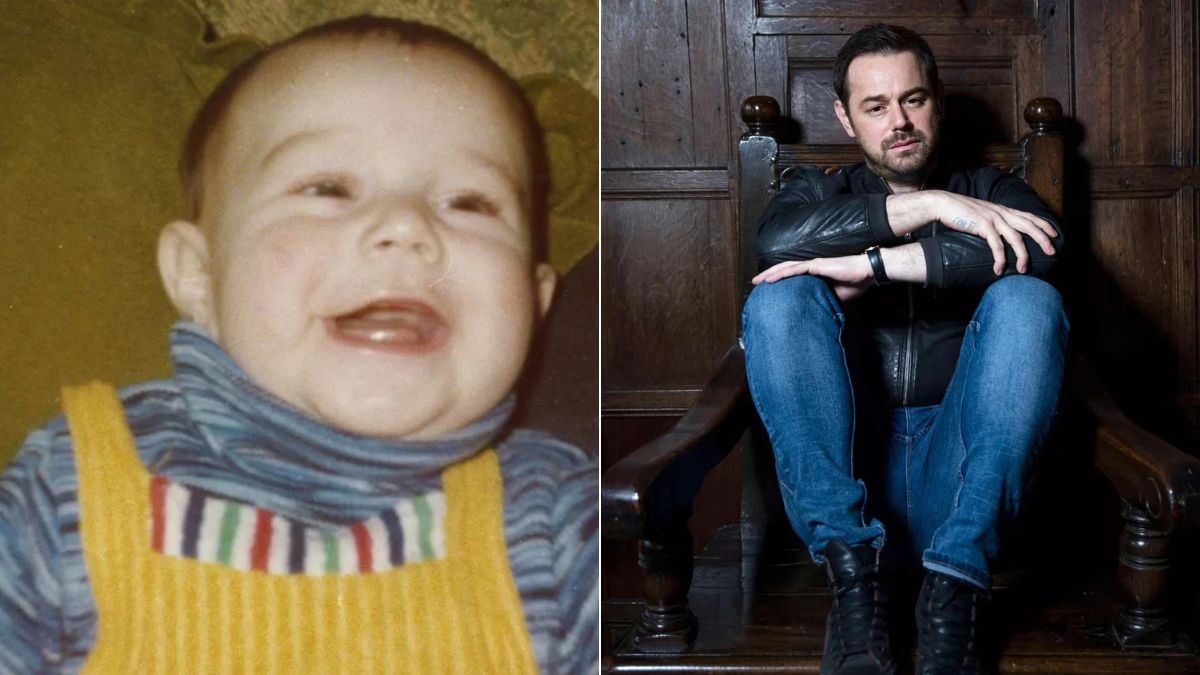Danny Dyer’s revelation about his dead relatives contacting him through clocks is both intriguing and a bit eerie. After exploring his royal roots on Who Do You Think You Are?, Dyer has shared that he’s had these unique experiences, which he attributes to the revelations about his ancestry.
The idea that clocks are a medium for communication with his ancestors adds a supernatural twist to his story. Dyer’s journey on the show revealed some fascinating details about his lineage, and it seems like this newfound connection has continued to impact him in unexpected ways.
His experiences highlight the profound effect that uncovering one’s family history can have, sometimes leading to mysterious or unexplained phenomena. It’s fascinating how these discoveries can resonate on such a personal level. What do you make of Dyer’s experiences with the clocks? Do you think there’s a deeper significance behind these occurrences?
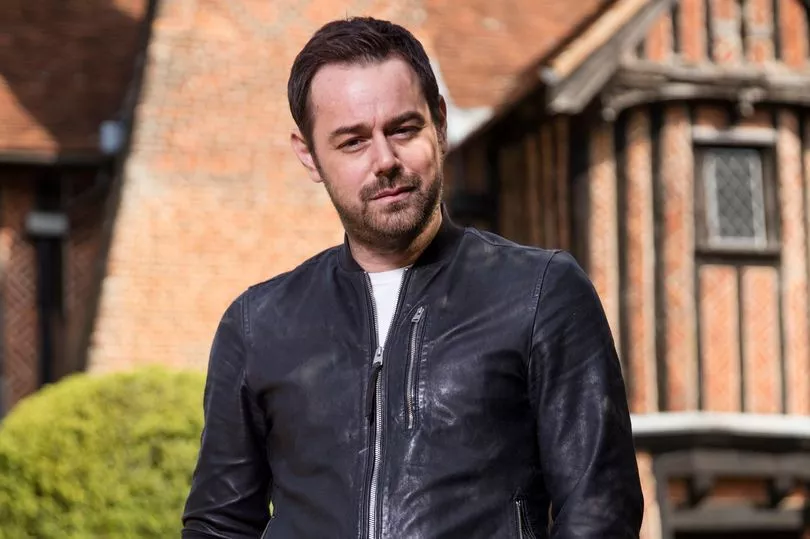
Danny Dyer’s discovery of his royal connections on Who Do You Think You Are? was a significant moment, revealing that he is a direct descendant of Edward III and connected to Thomas Cromwell. These revelations added a fascinating historical layer to his family background.
Since that episode aired eight years ago, Dyer’s experiences with what he perceives as contact from these deceased royal relatives have been particularly intriguing. The idea that his ancestors might be reaching out through symbolic means, like clocks, reflects the deep impact the ancestry revelation has had on him.
The connection to Edward III and Thomas Cromwell links Dyer to some of the most notable figures in English history, and it’s not surprising that such a profound discovery could have a lasting effect. It also highlights the ongoing influence that exploring one’s heritage can have on personal experiences and beliefs.
What do you think of the idea that historical figures might influence or communicate with their descendants in such unusual ways?
Danny Dyer’s statement about receiving messages from spiritualists who claim to be contacted by his ancestors through time is fascinating. It highlights his belief in a spiritual connection with his heritage and how this connection manifests through seemingly ordinary things, like timepieces.
Dyer’s experiences reflect a broader interest in the intersection of spirituality and genealogy. It’s intriguing how he interprets these messages as coming through time, possibly linking back to the historical figures discovered during his Who Do You Think You Are? episode. This sense of ongoing connection with ancestors can be both comforting and thought-provoking, offering a unique perspective on how our past can continue to influence our present.
His spiritual beliefs and these reported experiences add a personal and mystical dimension to his family history, making his journey through his ancestry even more compelling. Do you think this kind of spiritual connection with one’s ancestors is something more people experience, or is it more unique to individuals like Dyer?
Danny Dyer’s experiences with seeing specific times on the clock, like 12:12, 13:13, or 10:10, seem to be a significant part of his spiritual journey. These repeated sightings of specific times could be interpreted as meaningful signs or messages, particularly given his belief that they might be connected to his ancestors.
For many people, noticing recurring numbers or times can feel like a form of communication from beyond or a sign of a deeper connection. In Dyer’s case, these moments might be perceived as reminders or affirmations from his royal ancestors, given the context of his spiritual beliefs and the recent exploration of his family history.
It’s interesting how personal experiences like these can shape one’s perspective on spirituality and ancestry. Whether these sightings are purely coincidental or hold deeper meaning, they add an intriguing layer to Dyer’s story and his ongoing connection with his past.
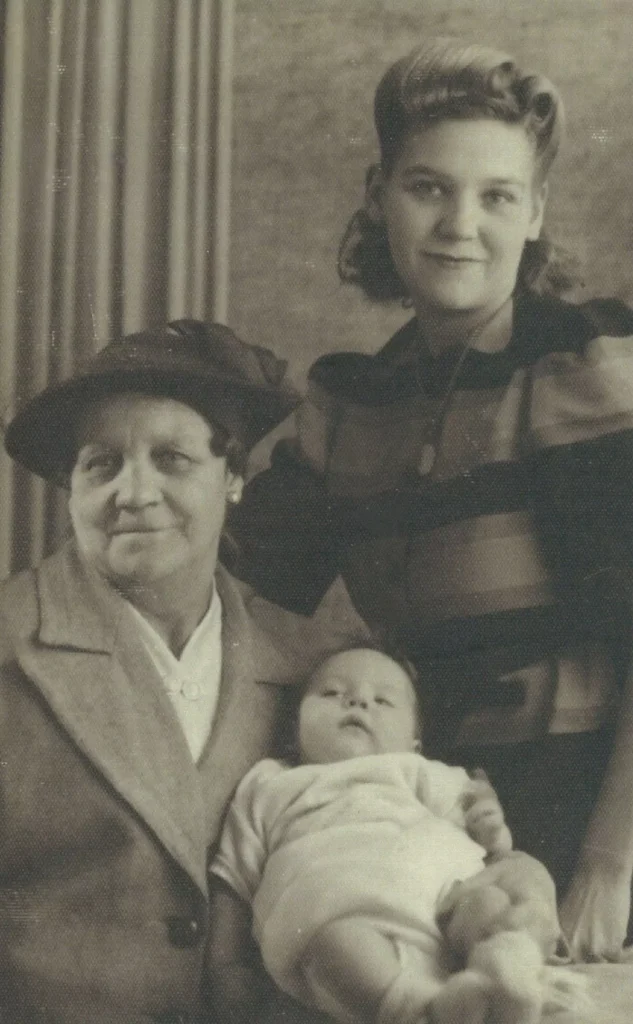
Danny Dyer’s sense of comfort from believing that his ancestors are watching over him reflects a deep connection between his personal experiences and his spiritual beliefs. The idea that his ancestors, especially after discovering such significant historical connections, are looking out for him can be reassuring and provide a sense of guidance and protection.
For many people, feeling connected to their past through spiritual or symbolic means offers comfort and a sense of continuity. It can also influence how they perceive their place in the world and their relationship with their heritage.
Dyer’s reflections on his experiences with the clocks and his belief in a higher power or ancestral presence highlight how personal and meaningful these connections can be. It’s a reminder of how history and spirituality can intertwine to offer support and a deeper understanding of oneself.
Danny Dyer’s admiration for Harold Pinter and the way he keeps Pinter as a screensaver on his phone reveals the deep impact Pinter had on him. It seems Dyer feels a strong connection to Pinter, not just as an influential figure in his life, but as a sort of guiding presence.
Pinter’s influence, especially considering how Dyer describes his personal struggles after Pinter’s passing, highlights the profound effect that important figures can have on our lives. Dyer’s choice to keep Pinter’s image close reflects a form of tribute and ongoing connection, symbolizing how significant people—whether they are mentors, idols, or loved ones—can continue to inspire and comfort us even after they are gone.
This personal gesture underscores the idea that our connections to influential figures can be deeply meaningful and provide solace during challenging times.
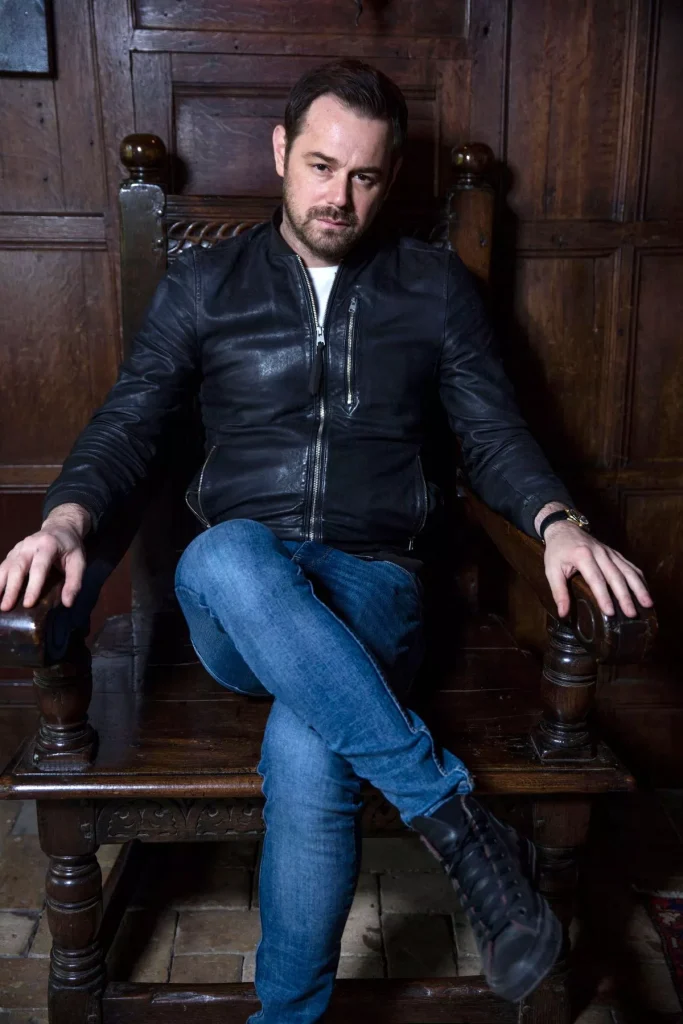
Danny Dyer’s sense of being watched over by his ancestors, including his connection to Saint Louis IX and his lineage tracing back to William the Conqueror and Rollo the Viking, adds a fascinating layer to his personal and spiritual journey. His follow-up series, Danny Dyer’s Royal Family, seems to have deepened his exploration of his ancestry and its impact on his life.
The idea of being related to historical figures like a saint or a Viking chieftain can be both thrilling and grounding. It connects him to a rich historical narrative that spans centuries, providing a sense of continuity and significance. His reference to “nutty blood” humorously acknowledges the complexity and drama that can come with such a storied lineage.
By tracing his roots back to such notable figures, Dyer’s exploration reflects a broader interest in how our ancestry shapes our identity and how historical connections can offer comfort and a sense of belonging. It’s a powerful example of how personal history and spirituality can intertwine, offering insight and solace.
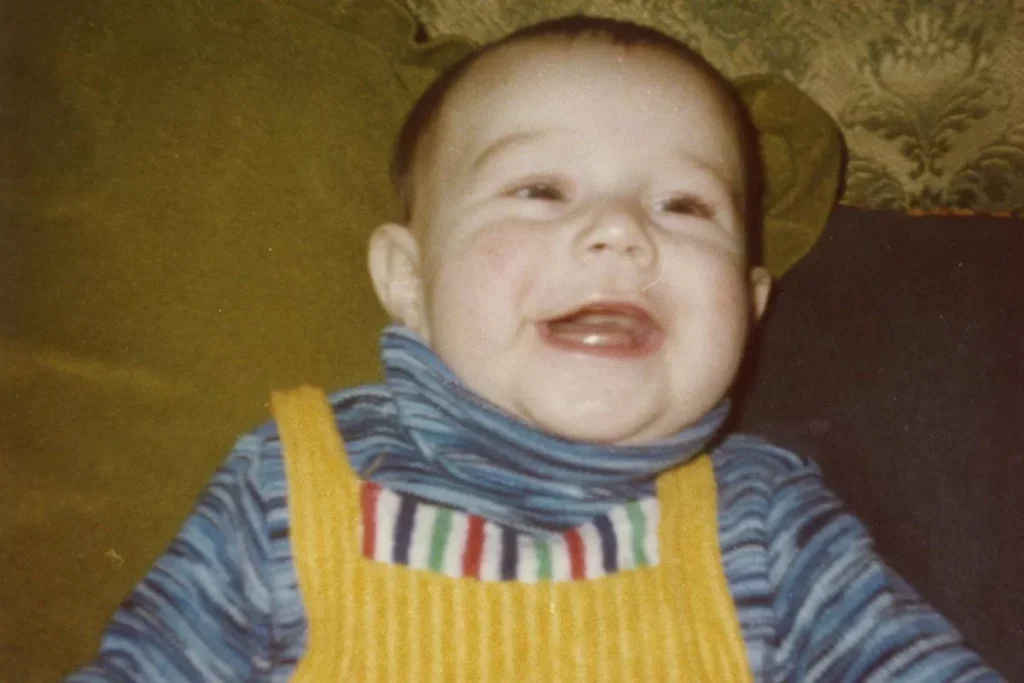
Danny Dyer’s experience with snobbery following the revelation of his royal connections highlights a common reaction to genealogical discoveries. It’s not unusual for such findings to be met with skepticism or dismissiveness from some quarters, especially when they involve well-known historical figures or imply a broader connection.
Dyer’s frustration with the reaction from some academics and others, who downplay the significance of his royal links, reflects the broader challenge of reconciling personal discoveries with established perspectives. His point about the uniqueness of his findings, given that they were uncovered in a later series of Who Do You Think You Are?, underscores the importance of context and the value of each individual’s journey through their heritage.
Despite the skepticism, Dyer’s exploration into his ancestry remains a significant and personal part of his story. It’s a reminder that even if historical connections are more common than they initially appear, the personal impact and meaning of such discoveries are very real and deeply felt.
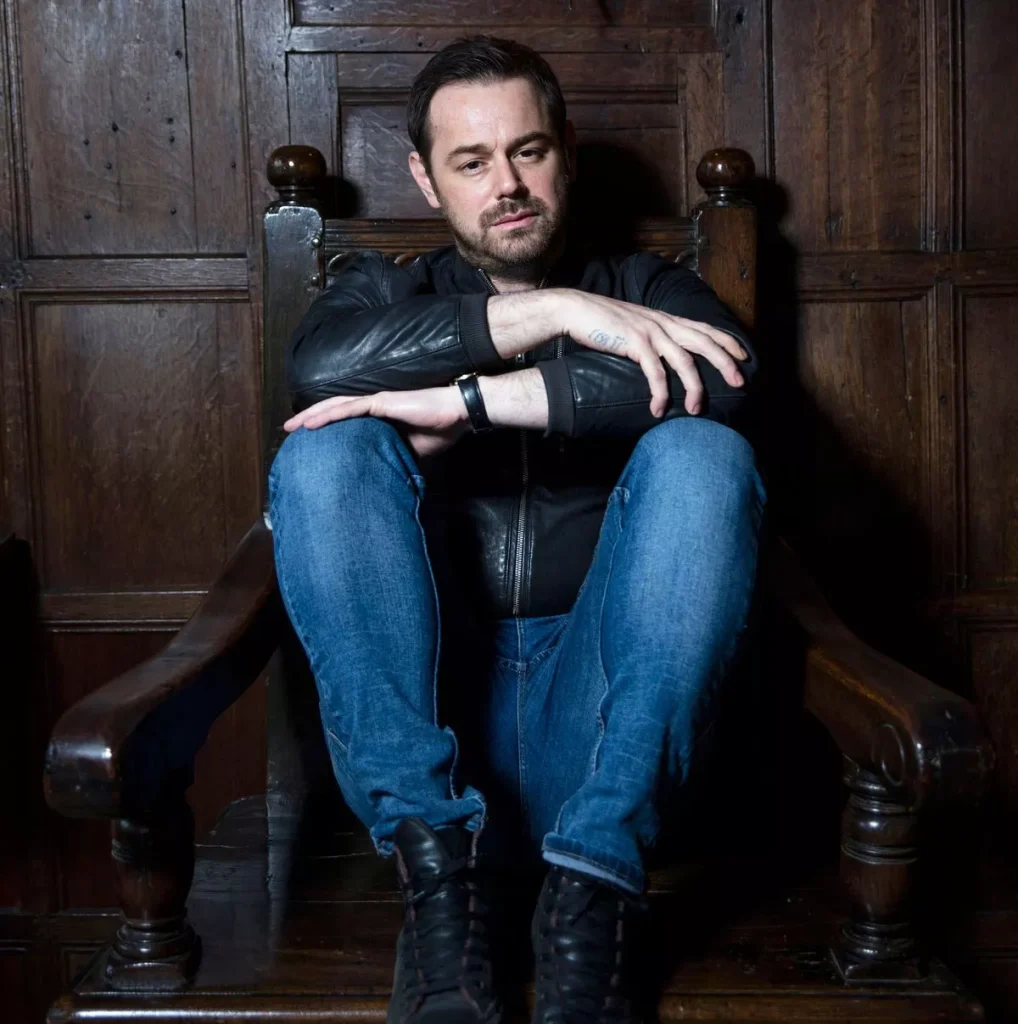
Danny Dyer’s reflections on classism and recognition for Who Do You Think You Are? reveal his frustration with how his significant family discovery was received. His comment about standing in line for a BAFTA, while others involved with the show received awards, highlights a sense of personal injustice and underscores his deep connection to the material.
The fact that he hadn’t watched Wolf Hall until after discovering his connection to Thomas Cromwell adds an interesting layer to his experience. It’s fascinating how learning about Cromwell’s role in his family history enhanced his appreciation of the historical narrative.
Dyer’s pride in Cromwell’s final act—ensuring that his son married Elizabeth Seymour, sister of Jane Seymour—illustrates how personal and historical connections can intertwine, making the story even more compelling. The sense of belonging to a historical legacy, combined with the personal impact of discovering such connections, offers a unique perspective on how history can shape individual experiences.
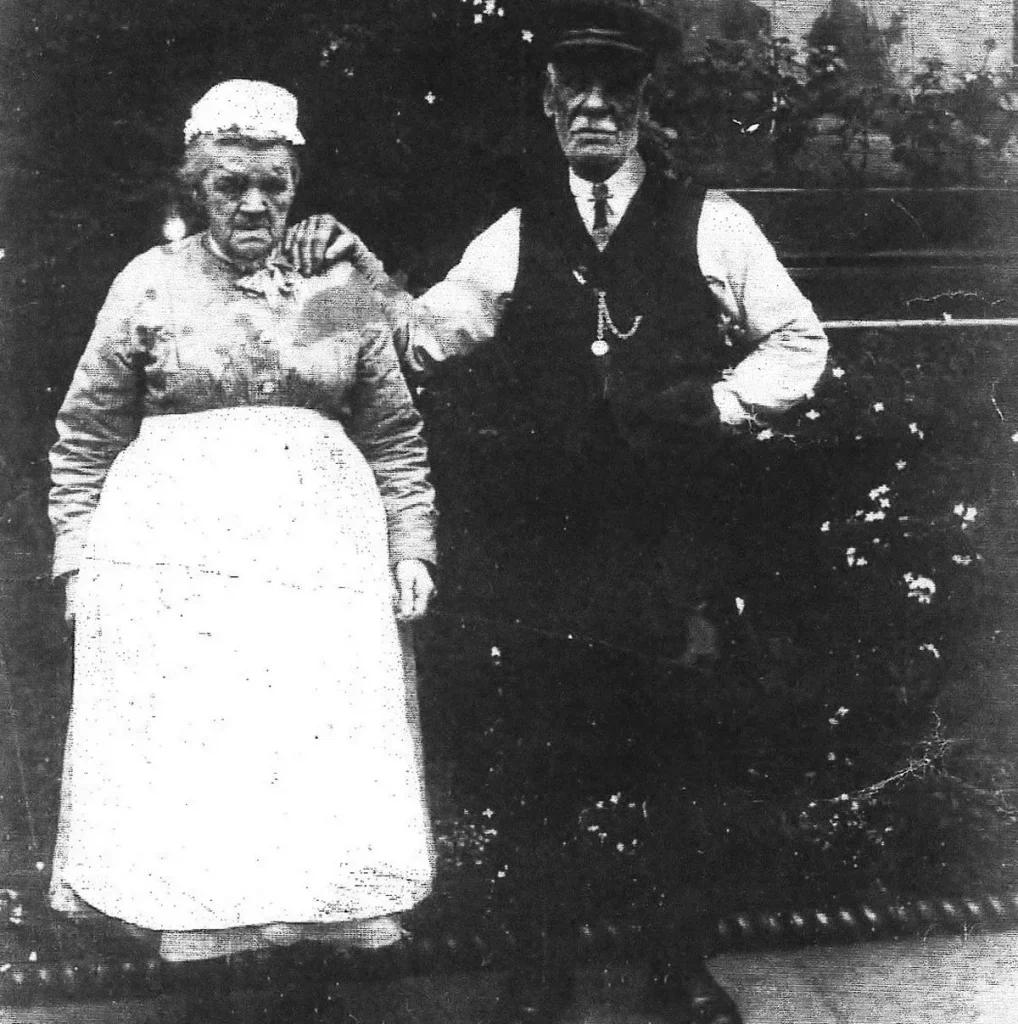
Danny Dyer’s comment about Thomas Cromwell not killing his son, Gregory, underscores the personal significance he places on his ancestral connections. By highlighting that Cromwell’s actions ensured the survival and continuation of his own family line, Dyer reflects on the broader impact of historical events on his own existence.
This perspective brings a human element to historical figures, illustrating how their decisions and actions resonate through generations. It’s a reminder of how personal histories are often intertwined with grand historical narratives, making the past feel more immediate and relevant. Dyer’s connection to Cromwell adds a unique dimension to his understanding of history and his place within it.
Danny Dyer’s reflection on how Cromwell’s actions ensured the continuation of his bloodline highlights a profound sense of connection to his ancestry. His amazement at the journey from his historical forebears to his own life on a council estate emphasizes the extraordinary nature of personal history and the unpredictable paths it can take.
Dyer’s remark about not knowing why his life ended up on a council estate despite his royal connections underscores the complex interplay between heritage and individual circumstances. It illustrates the idea that, regardless of one’s historical lineage, life’s journey can be full of unexpected twists and turns.
This perspective reveals a sense of wonder at how historical actions can have lasting impacts on family lines and personal stories. It also highlights the idea that our past, no matter how grand or humble, is an integral part of our identity and can shape our understanding of ourselves in unexpected ways.
- Coronation Street fans point storyline ‘abandoned by writers’ for iconic character
- Kylie Platt in Coronation Street: her troubled past and killer secret
- Coronation Street: Billy needs to leave the show, fans demand
- Coronation Street: Kit is Betsy’s ‘biological dad’ and wants to frame Lisa Swain for custody, new fan theory predicts
- Coronation Street: Lauren absence from Joel whodunnit line-up baffles fans
